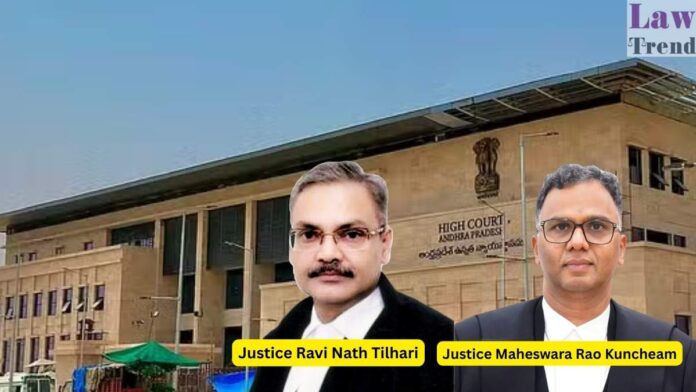The Andhra Pradesh High Court, in a significant judgment delivered on April 10, 2025, held that an order passed by a civil court on a reference made under Section 3H(4) of the National Highways Act, 1956, is appealable under Section 96 of the Code of Civil Procedure, 1908. The ruling was issued by a Division
To Read More Please Subscribe to VIP Membership for Unlimited Access to All the Articles, Download Available Copies of Judgments/Order, Acess to Central/State Bare Acts, Advertisement Free Content, Access to More than 4000 Legal Drafts( Readymade Editable Formats of Suits, Petitions, Writs, Legal Notices, Divorce Petitions, 138 Notices, Bail Applications etc.) in Hindi and English.




